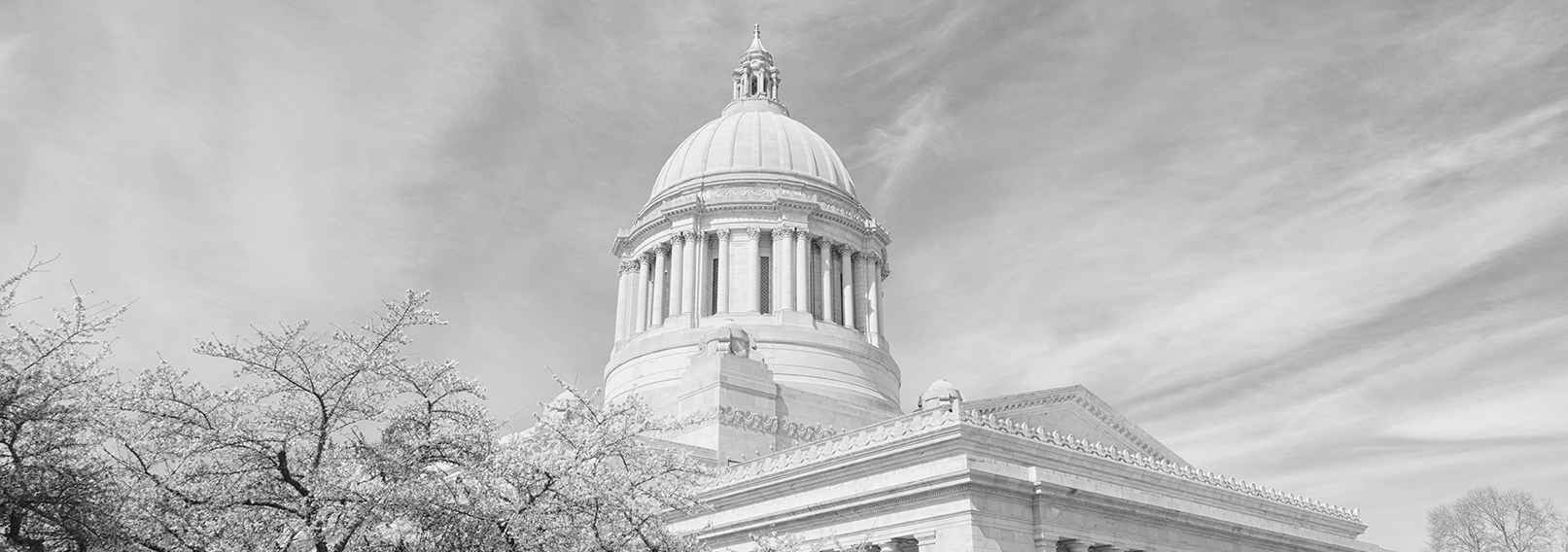Background
A Road Usage Charge (RUC) is a per-mile charge drivers would pay for the use of the roads, as opposed to paying a tax per gallon of gas.
For years, vehicle fuel economy has been improving, and electric vehicles are becoming more common. While this is great news for the reduction of harmful emissions and air pollution, these advances have also created an unsustainable trajectory for funding our transportation system. Much of the revenue our transportation system depends on is generated by the gas tax. Higher vehicle fuel efficiency and vehicles that do not rely on gas results in decreased tax collection and diminishes our ability to keep transportation infrastructure in good repair. Taxing fuel is no longer a reliable, equitable source of funding and we need to find a better alternative for the long term.
Recognizing this revenue challenge, in 2012 the Legislature directed the Transportation Commission (Commission), in close cooperation with the Department of Transportation and with guidance from a multi-stakeholder steering committee, to conduct an assessment of a RUC and determine its feasibility. In their 2020 final report, the Commission determined that a RUC is not only feasible but would out-produce the gas tax in terms of revenue as cars become more fuel efficient. The final report also provided information on the legal, fiscal, operational, and policy implications of a RUC and offered recommendations on how it could be implemented in Washington.
New Legislation
HB 1832 was introduced on February 15th by the Chair of the House Transportation Committee, Representative Jake Fey. The bill directs the Department of Licensing (DOL) to establish a voluntary RUC program by July 1, 2025, for light-duty vehicles. These are vehicles weighing 10,000 lbs or less and can travel more than 35 mph. The bill also sets a target date for implementing a mandatory RUC program by January 1, 2030.
The RUC rate is set at 2.5 cents per mile, which is equivalent to what the average vehicle pays today in gas taxes. The revenue will be deposited in a new “Road Usage Charge Account” and dedicated to transportation system preservation and maintenance.
HB 1832 waives the current $225.00 Electric Vehicle (EV) fee and the $75.00 hybrid fee for vehicle owners who opt into the program, and it caps their total RUC charge at the amount they would have paid for the current combined fees in RCW 46.17.323 and 46.17.324. Participants receive credit toward their annual RUC for any gas taxes paid throughout the year as a reduction to their overall fee.
To track and account for vehicle miles traveled, the bill requires DOL to offer vehicle owners the option to submit periodic odometer readings. It would also allow participants to utilize more automated methods of reporting miles if they chose, and requires the establishment of a process to allow participants to receive an exemption for those miles traveled off public roadways in Washington.
The bill has a lot of language dedicated to protecting privacy.
It limits personally identifying information that can be collected and what location data can be recorded for automated mileage reporting methods. It creates an affirmative duty for DOL and private sector partners to ensure information is protected and that they implement and maintain security policies, procedures, and practices; and exempts personally identifying information associated with the RUC program from public disclosure.
Early Analysis
Many considerations must be evaluated if the transition from a gas tax to a RUC is to become a reality; these include how to measure and report distance traveled in a manner that protects privacy, offers user convenience, and is cost-effective. It also means deciding how to set rates, address out-of-state driving, and determine what the revenues can be spent on. HB 1832 begins to try and answer some of these questions by establishing an initial framework for a RUC.
More time is needed to evaluate the bill through the lens of our adopted WSAC policy statements. We will need to pay close attention to those sections of the legislation aimed at protecting privacy, sharing revenue, and potentially allowing expenditures beyond those permitted by Article II, Section 40 of the Washington State Constitution for “highway purposes.” We also need to ensure that the legislation will maintain the current levels of transportation revenue going to the County Road Administration Board.
Policy Contact:
Axel Swanson
WSACE, Policy Director


